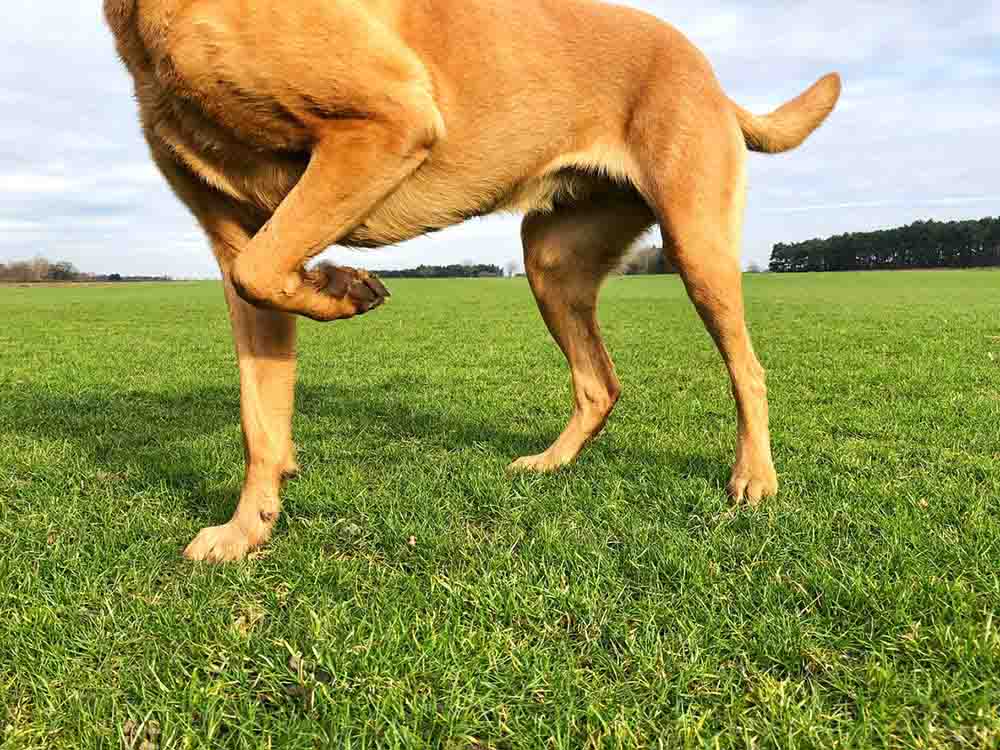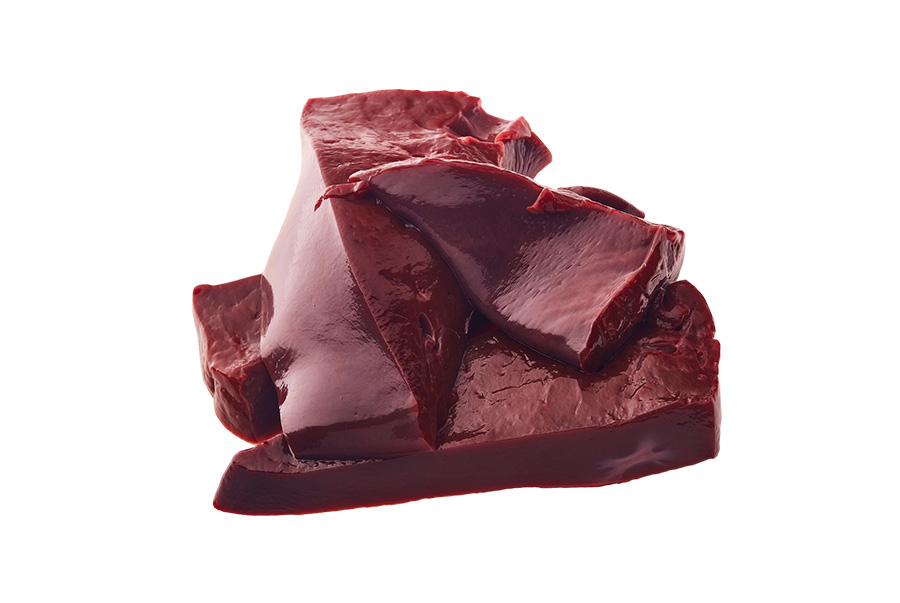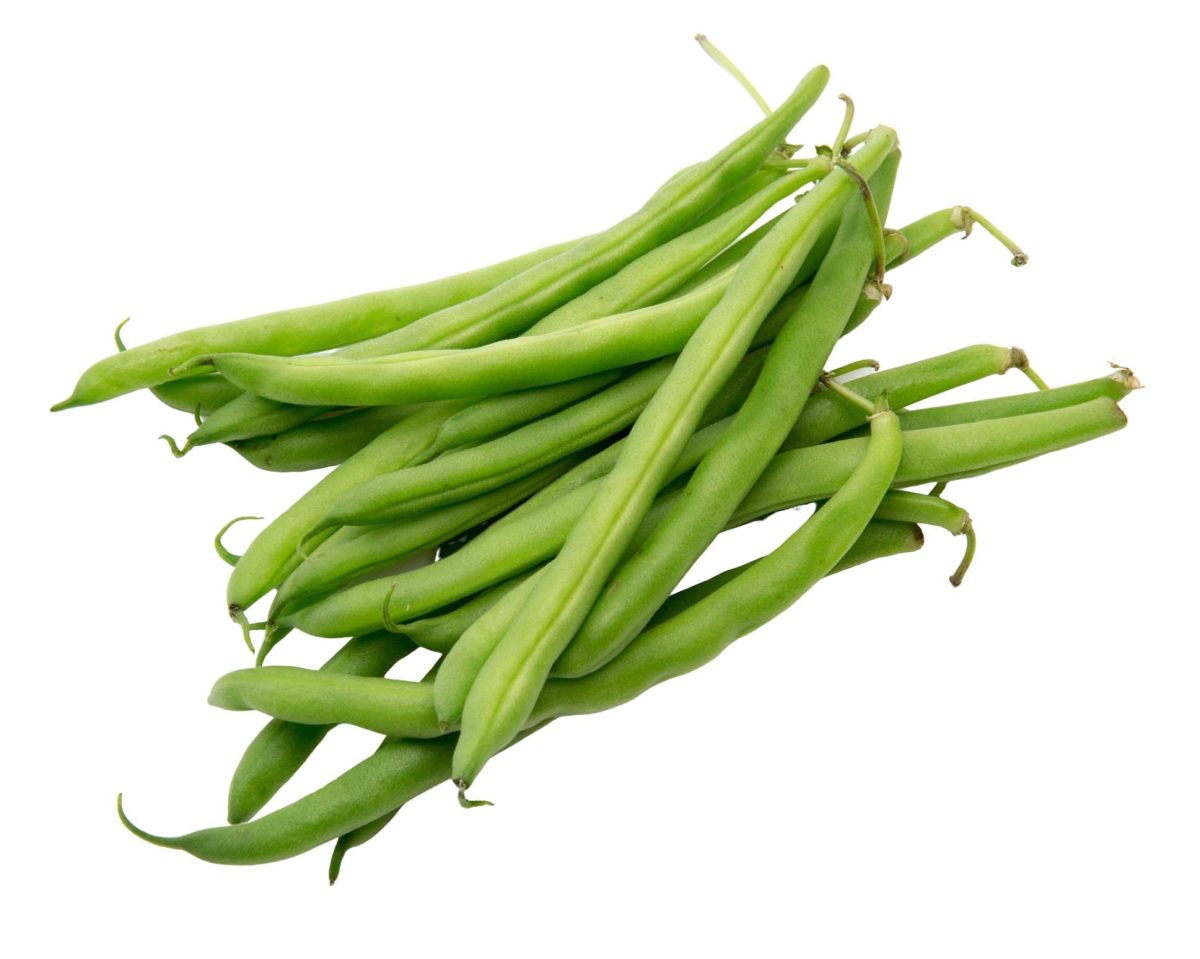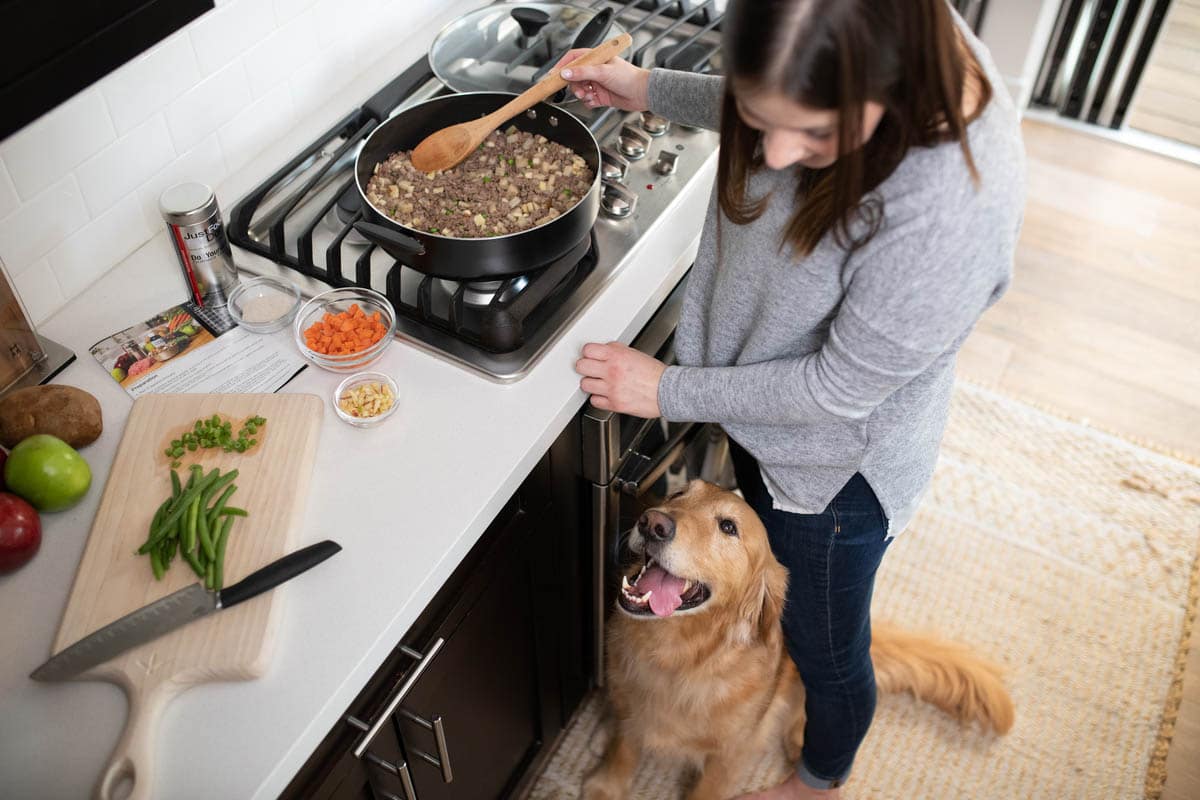Manganese For Dogs: Does Your Dog’s Diet Have Enough?
The role of manganese for dogs, how much they need, and how to spot a manganese deficiency.
To live a long and happy life, pet owners know how much a dog’s healthy diet plays into their well-being. Making sure your pup gets adequate nutrition and all of the nourishment they need can both extend your dog’s life and increase their quality of life.
What Is Manganese?
Manganese is an essential part of diets for both dogs and humans and can be found naturally in certain foods and supplement forms. It’s a trace mineral found mostly in bones, kidneys, the liver, and the pancreas. It’s a nutrient that’s part of the antioxidant known as superoxide dismutase (SOD).
Manganese is one of the essential nutrient requirements the body needs to grow healthy bones, connective tissue, and promote the production of hormones. It also helps with metabolism, glucose regulation, and nerve function.
One of the main functions of manganese is to synthesize fatty acids and neutralize free radicals (unstable molecules in the body that can damage cells).
Benefits of Manganese For Dogs

Manganese is a trace element as necessary for canine health as vitamins, proteins, fats, and carbohydrates. It activates the enzymes dogs need for metabolic functions and to absorb and digest other nutrients. Manganese helps produce the energy necessary for dogs to stay healthy and active and boosts their immune systems.
How Much Manganese Do Dogs Need?
The right amount of manganese for your dog’s diet may vary depending on their age, size, or breed. Their overall health and level of activity can also factor into how much manganese a dog needs.
The Association of American Feed Control Officials (AAFCO) recommends about 1.25 mg of manganese for every 1,000 kcal (calories worth of food) for adult dogs. Pet nutrition experts recommend about 2.3 mg of manganese per pound of dog food.
Bigger dogs will likely need a little more, and smaller dogs can do with a little less. Puppies also tend to have higher manganese needs than adult dogs to maintain healthy growth in the early years.
Your dog’s breed is also important to consider when figuring out their manganese requirements. Some dog breeds, like Alaskan malamutes, have a more difficult time absorbing manganese and can require higher concentrations to reap the benefits.
Signs of a Manganese Deficiency in Dogs
Low levels of manganese in dogs can seriously affect their growth and long-term health. Since manganese is necessary for bone, cartilage, and joint growth, dogs who don’t get enough of it can develop shorter forelimbs or bowing limbs as well as enlarged joints.
Manganese deficiency can sometimes lead to a condition called cranial cruciate ligament (CCL) disease in dogs. This is when a dog’s ligaments become weaker over time, particularly in their hind legs and knees. It can be very painful and uncomfortable for dogs and may mean that they’re not able to run, jump, and play like they used to.
Manganese also promotes the production of sex hormones and healthy sex organs. Dogs who experience issues with fertility, like necessary abortions or stillbirths, may be lacking essential levels of manganese.
Signs of Manganese Toxicity in Dogs
While it typically only happens to dogs who accidentally ingest a large amount of manganese supplements, dogs who get too much manganese may experience a manganese overdose or manganese toxicity. Symptoms of this include vomiting, liver failure, and ataxia — loss of control or use of their limbs, which can occur in their legs, torso, or head. In serious cases and if untreated, manganese toxicity can cause death in dogs.
If you discover or suspect that your dog has ingested too much manganese, contact the Pet Poison Helpline or the Animal Poison Control Center right away. They’ll advise you on what to do and whether to seek emergency veterinarian services.
Pet Poison Helpline: (800) 213-6680
ASPCA Animal Poison Control Center: (888) 426-4435
Does Commercial Dog Food Have Manganese?
Unfortunately, a lot of commercial pet foods don’t always contain sufficient amounts of manganese that pets need. Commercial kibble and dry dog food can lack in manganese levels, with as little as 0.25 mg of manganese per daily recommended amount of food.
Good Food Sources of Manganese For Dogs

Some of the top sources of manganese are foods that dogs love, and many are easy to add to any dog’s diet. Manganese is naturally present in lots of different whole foods like seafood, chickpeas, leafy greens, nuts, and whole grains.
Pet parents who want to feed their dogs the best of the best should seek out dog food made with fresh, whole foods that include ingredients like:
Pumpkin Seeds
Pumpkin seeds are a rich source of manganese and protein. Dogs can eat them raw, cooked, or roasted since they’re easy to digest, making them easy to add to your dog’s diet as a snack or as an addition to their food at meal time.
Beef Liver
Beef liver contains delicious flavor and essential nutrients for dogs including manganese, magnesium, phosphorus, collagen, and calcium. Cut beef liver into small pieces before serving it to your dog. Keep it plain when cooking and avoid any seasonings.
Sesame Seeds
In moderate quantities, sesame seeds are a great source of nutrition for dogs, full of iron, calcium, vitamins B and E, and manganese. Dogs should only have about half a teaspoon of sesame seeds per day. The best way to add them to your dog’s diet is sprinkling them over regular food.
Ginger
Ginger is safe for dogs in small quantities and is a good source of manganese and other antioxidants that promote circulation, healthy digestion, and cardio health. Remove the skin from ginger and cut it into small pieces before adding it to your dog’s food.
Spinach
Spinach is a great leafy green that’s safe for dogs in moderate amounts. It’s full of fiber, vitamins A, B, and C, and is a great source of manganese. Spinach for dogs is best served steamed to make it easier to digest.
Mussels
Mussels are a seafood that’s safe for dogs and full of tasty protein as well as being a source of omega-3 fatty acids, minerals, vitamins, amino acids, and antioxidants like manganese.
Manganese Supplements For Dogs
While dogs should get enough manganese from a healthy, well-rounded diet, in some cases there may be a need to add a manganese supplement to your dog’s feeding routine.
Do Raw Diets for Dogs Have Enough Manganese?

According to pet experts, the Prey Model Raw diet and other raw diets for dogs have more health risks than benefits and are historically lacking in manganese. Raw diets have a high rate of harmful bacteria that aren’t just a risk for dogs, but also for the humans preparing them.
This content is for informational use only and does not replace professional nutrition and/or medical advice, diagnosis, or treatment. It is not a substitute for and should not be relied upon for specific nutrition and/or medical recommendations. Please talk with your veterinarian about any questions or concerns.







